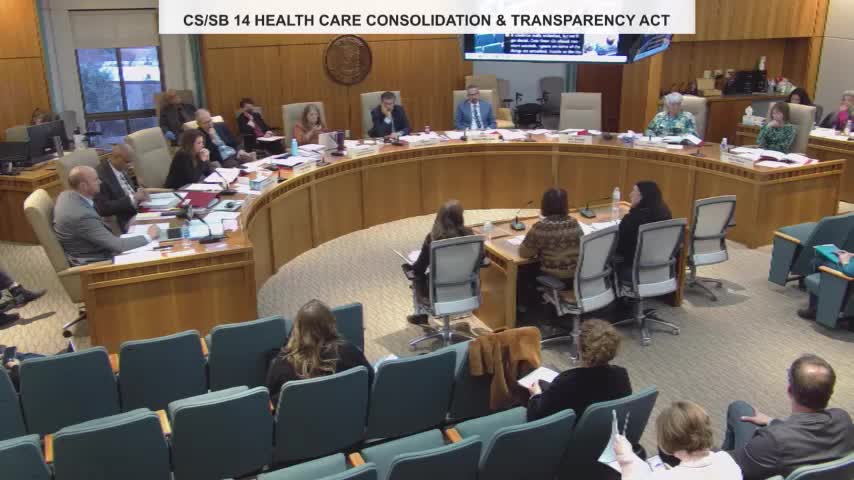Anti‑hazing bill debated; committee holds measure for further work
Get AI-powered insights, summaries, and transcripts
Subscribe
Summary
Senate Bill 10, the Anti‑Hazing Act for higher education, prompted testimony on criminal penalties and institutional reporting; supporters urged mandatory education and reporting, while civil‑liberties advocates urged noncriminal interventions. The committee did not advance the bill and recorded no final vote.
Committee members heard Senate Bill 10, the Anti‑Hazing Act, which would prohibit hazing for higher‑education student groups, create mandatory reporting and public reporting requirements for verified hazing incidents, and impose misdemeanor penalties in some circumstances.
Sponsor Senator Pope told the committee the measure removes K–12 from the bill and focuses the statutory provisions on higher education. "Hazing is a dangerous and often deadly practice that fosters a culture of abuse," Pope said, and the bill adds education, reporting requirements and penalties to deter those practices.
Nut graf: supporters said the bill would make campus culture changes and add enforcement tools; civil‑liberties groups urged caution about criminalizing conduct already covered by assault and battery law and recommended a focus on education and prevention.
The American Civil Liberties Union of New Mexico, represented by Daniel Williams, said the bill contains broad language and that many harmful acts are already criminal under existing law; the ACLU urged emphasis on education and reporting provisions rather than creating a new criminal offense. "When hazing leads to real harm ... that action is already illegal and does result in criminal proceedings," Williams said.
Committee discussion focused on definitions — notably how to distinguish disciplinary or training activities from coercive, harmful hazing — and on whether institution-level sanctions (loss of recognition) and scholarship forfeiture are appropriate civil penalties. The committee considered an amendment to narrow "reasonable cause" language used in reporting provisions and debated the proper standard.
Ending: After testimony and discussion, the sponsor said she would continue to work on drafting and the committee held the bill for further consideration; no committee vote advancing the bill was recorded in the transcript excerpt provided.
